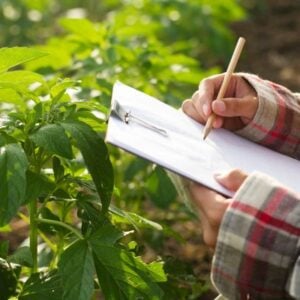Malaria is witnessing a troubling resurgence in southern Africa, with countries like Botswana, eSwatini, Namibia, and Zimbabwe reporting notable outbreaks. The increase signals persistent challenges in eradicating the disease across the continent. According to data from the Africa Centres for Disease Control and Prevention (Africa CDC), Zimbabwe saw a dramatic rise in suspected malaria cases in 2025, with 111,998 cases and 310 deaths reported by week 23, compared to 29,031 cases and 49 deaths in the same period of 2024.
Experts attribute this surge to prolonged rainfall, which enhances mosquito breeding conditions, and to high-risk human activities like gold panning and fishing during peak mosquito activity. The impact has been widespread, affecting 115 out of 1,705 health facilities in Zimbabwe, with provinces like Mashonaland Central and Manicaland bearing the brunt in terms of case numbers and fatalities.
Contributing to the crisis is the low use of insecticide-treated bed nets (ITNs), leaving many communities unprotected. Climate variability and expanding livelihoods in mosquito-prone areas are further compounding the risk, requiring more coordinated and sustained responses. While malaria is endemic in many parts of sub-Saharan Africa due to climatic conditions favourable to mosquito breeding, southern Africa’s susceptibility is increased by cross-border population movement and health system gaps.
Botswana has experienced a substantial rise in malaria, with 2,223 cases and 11 deaths recorded from weeks 1 to 23 in 2025, a sharp increase from the previous year. The Okavango region alone accounts for 69% of these cases. Factors like flooding and poor public awareness have exacerbated the outbreak. The government has responded with enhanced case management, community outreach, and ITN distribution, though challenges like underfunding and local resistance persist.
In eSwatini, currently in its malaria elimination phase, 187 cases were recorded between July 2024 and March 2025. Children and illegal mountain farmers were most affected. The Ministry of Health has launched indoor residual spraying and ITN distribution campaigns, yet coverage gaps and behavioural non-compliance remain obstacles to elimination.
Namibia has also seen a spike, with over 89,959 malaria cases and 146 deaths reported from November 2024 to mid-2025 across 37 districts. A significant portion of cases—18%—are imported from neighbouring countries, underlining the regional nature of the threat. Hardest-hit districts include Katima Mulilo, Nkurenkuru, Andara, Outapi, and Rundu, with children over five and pregnant women among the most affected demographics.
The interconnectedness of southern African countries has intensified the challenge of controlling malaria, particularly in border districts where cross-border transmission is rampant. This has highlighted the urgent need for strengthened regional cooperation, including harmonised surveillance and intervention strategies.
Africa CDC emphasises that the region’s rising malaria burden calls for immediate investment in disease control strategies. This includes boosting the use of ITNs, enhancing environmental management, and engaging communities more effectively. Governments must also tackle issues like delayed case reporting and data collection, which hinder effective response planning.
Despite setbacks, there are signs of progress. Cabo Verde was certified malaria-free in 2023, and Egypt is expected to follow suit in 2024. These successes show that malaria elimination is achievable with the right combination of strategic planning, funding, and cross-border collaboration—an approach urgently needed in southern Africa to reverse the current trend.







